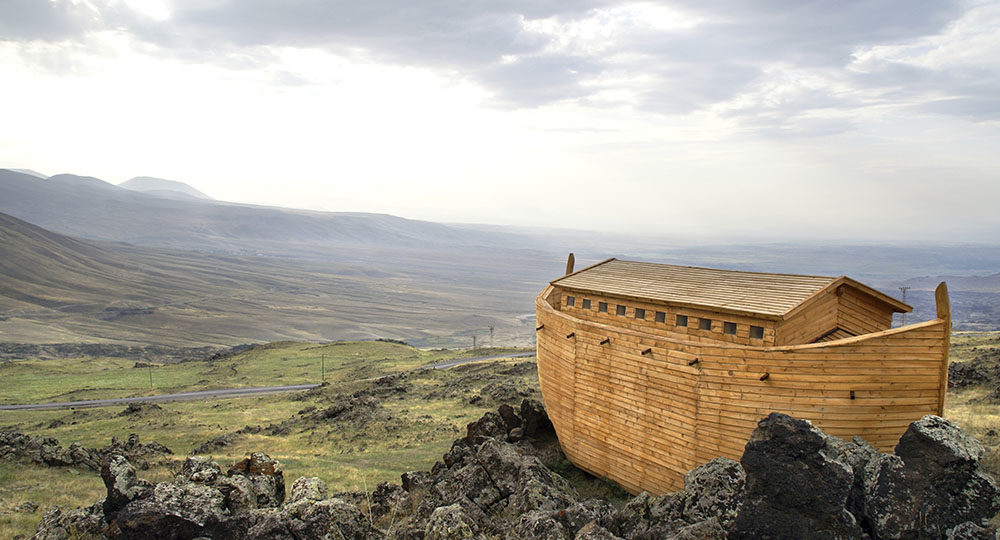


The United States talks a lot about being Israel’s friend. But actions speak louder than words. And America’s actions are saying plenty, with little appearing pro-Israel.
God knows what we need better than we do. And He has provided abundantly for us in many ways, as you’ll see here.
Ever been somewhere so comforting you never wanted to leave? Well, that’s nothing compared to what lies in store if you belong to Jesus.
Is life getting you down? Don’t be discouraged. This life is not all there is. Read this, and take heart.
Streets of gold, the Tree of Life, the New Jerusalem. They’re not elements of a fairy tale. They’re real, as this outstanding article explains.